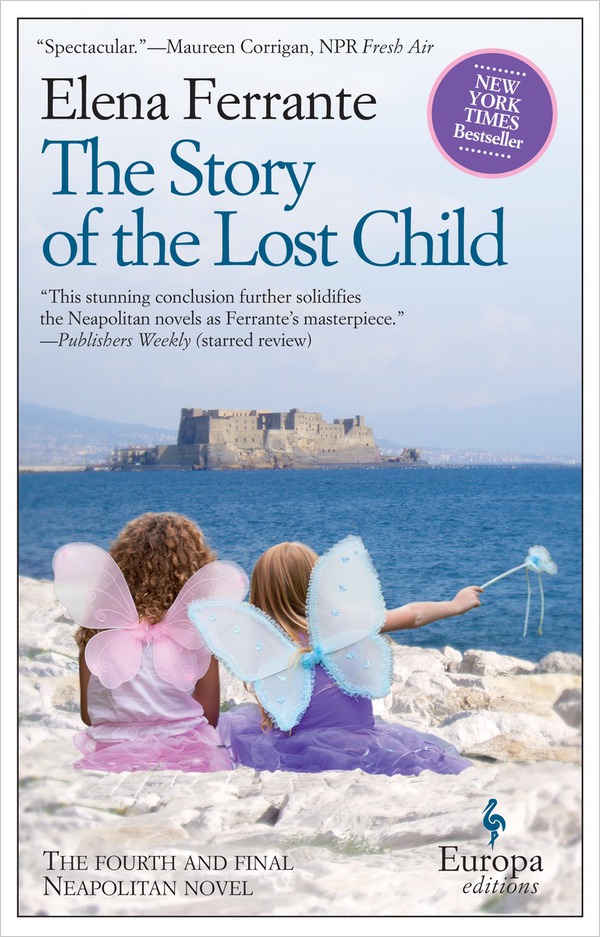Elena Ferrante's book "My Brilliant Friend" led me to recall my brilliant childhood friend Lila (not her real name). Lila was the best student in our year in elementary school, and got the top grades. She could have done anything she set her mind to, and done it brilliantly.
Lila and I planned to become great authors someday. I was a fan of Edgar Allan Poe, so Lila made up a hilarious mock newspaper article announcing the granting of an Edgar Award for my (non-existent) future first novel.
Her family was among the poorer ones. Our part of Queens had large areas consisting of "garden apartments" — small apartments in two-story brick buildings. I never saw one with a garden. Lila's brother slept in a narrow alcove in the hallway in their garden apartment. The family worried about what to do when he outgrew the length of the alcove and wouldn't fit anymore.
In New York City, kids with high enough grades who were born early enough in the year could skip from second to fourth grade. My mother ran into Lila's mother one day. Lila's mother told mine that the school decided not to let Lila skip a grade. The reason was that Lila had once cried when she didn't score 100 on a test. The school decided that this was a sign of immaturity — girls shouldn't take their grades so seriously.
Around the end of fourth grade, Lila told me that from her observations of our world, she had learned that girls and women are rewarded for being popular, and punished for being smart, so she decided that from then on she would be popular instead of smart.
I knew I would never be smart enough to figure out how to be popular, so Lila had no competition from me in that arena. I was silently glad that I would at last have a chance to be the kid with the highest grades.
It didn't happen in fifth grade — it wasn't easy for Lila to relinquish the top spot and get less than a perfect grade. She had to make a real effort. But she could do anything she was determined to do, and by the time she graduated elementary school she succeeded in being a popular kid rather than the "smartest" one.
We saw little of each other in high school. We weren't in the same classes. Every so often I'd learn of something wonderful that Lila did, in areas like music or drama. It confirmed to me that she really could do whatever she wanted.
Lila and I occasionally saw each other on the Q44A bus that we took home from high school; we both got off at the last stop, and then walked home in opposite directions. One afternoon in our senior year, toward the end of the line, when the bus had nearly emptied out, we got to talking about what we planned to do with our lives. Lila told me matter-of-factly that she intended to be a hooker. Not your run-of-the-mill prostitute, but an expensive, exclusive, high-class call girl who catered to the wealthiest businessmen and the most important politicians. Her observations about how the world worked told her that this was the best plan for how a woman could make enough money to live well, and retire early and comfortably.
I didn't know whether to believe her. She might have been serious. Or she might have been amusing herself by trying to shock me. I decided to play it cool and pretend I wasn't shocked.
Years later I was pleased to learn, indirectly, that she had a law degree and was working as a prosecutor in New York. I realized that she had just been trying to shock me.
But when Governor Eliot Spitzer (a former New York prosecutor) resigned after liaisons with high-priced call girls, I did contemplate writing a screenplay about a New York prosecutor moonlighting as a madam who ran an exclusive prostitution ring and procured call girls for her colleagues (and I'm embarrassed to admit that I was slightly disappointed that Lila's name never appeared in the articles about the escort service used by Spitzer).

